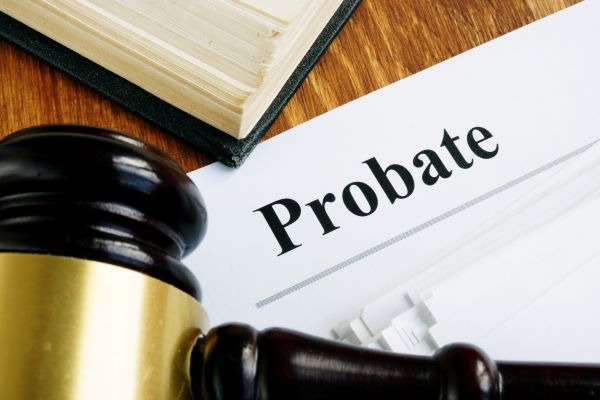Probate can often be a complex and emotionally taxing process, during a time of loss. A probate attorney plays a crucial role in helping individuals navigate the legal intricacies involved in settling an estate after a person’s passing. Their guidance not only streamlines the administration of the estate but also provides peace of mind to grieving family members, ensuring that the wishes of the deceased are honored and the legal requirements are meticulously followed.
In this article, we will delve into the essential functions and responsibilities of a probate attorney, highlighting how they assist in various aspects of the probate process. From validating wills and identifying heirs to managing estate taxes and disputes, understanding the role of a probate attorney can empower individuals to make informed decisions. Whether you are dealing with the loss of a loved one or planning for the future, recognizing the value of professional guidance in probate matters is indispensable.
Key Responsibilities of a Probate Attorney
One of the primary responsibilities of a probate attorney is to assist with the validation of wills. They ensure that the will is legally sound and that it accurately reflects the wishes of the deceased. In addition, probate attorneys are crucial in identifying and notifying heirs, helping to prevent disputes that may arise during the probate process. Their guidance also extends to managing the estate’s financial obligations, including tax liabilities, to ensure that all legal requirements are met. Engaging a skilled probate attorney in Los Angeles can significantly reduce the stress and confusion often associated with settling an estate.

Conflict Resolution and Estate Management
When conflicts arise among heirs or beneficiaries, a probate attorney serves as an impartial mediator, guiding families through the negotiation process. They work diligently to resolve disputes while maintaining respect for the intentions of the deceased. Furthermore, they offer critical advice on how to manage estate assets, whether it involves real estate, investments, or personal belongings. Their objective is to facilitate a smooth transition of assets, ensuring that every step taken aligns with legal standards and the deceased’s wishes, ultimately providing closure for grieving families.
In conclusion, the importance of a probate attorney cannot be overstated in the context of navigating the sensitive and often complicated landscape of estate administration. Their comprehensive understanding of probate law not only ensures that all facets of the process are correctly addressed but also provides emotional support during a challenging time. By offering guidance in conflict resolution, asset management, and adherence to legal protocols, probate attorneys play a vital role in honoring the wishes of the departed while safeguarding the interests of their heirs. Ultimately, enlisting the help of a skilled probate attorney can lead to a more organized, efficient, and compassionate resolution to what is often a taxing experience for families, allowing them to focus on healing and remembrance rather than the pressures of legal obligations.




